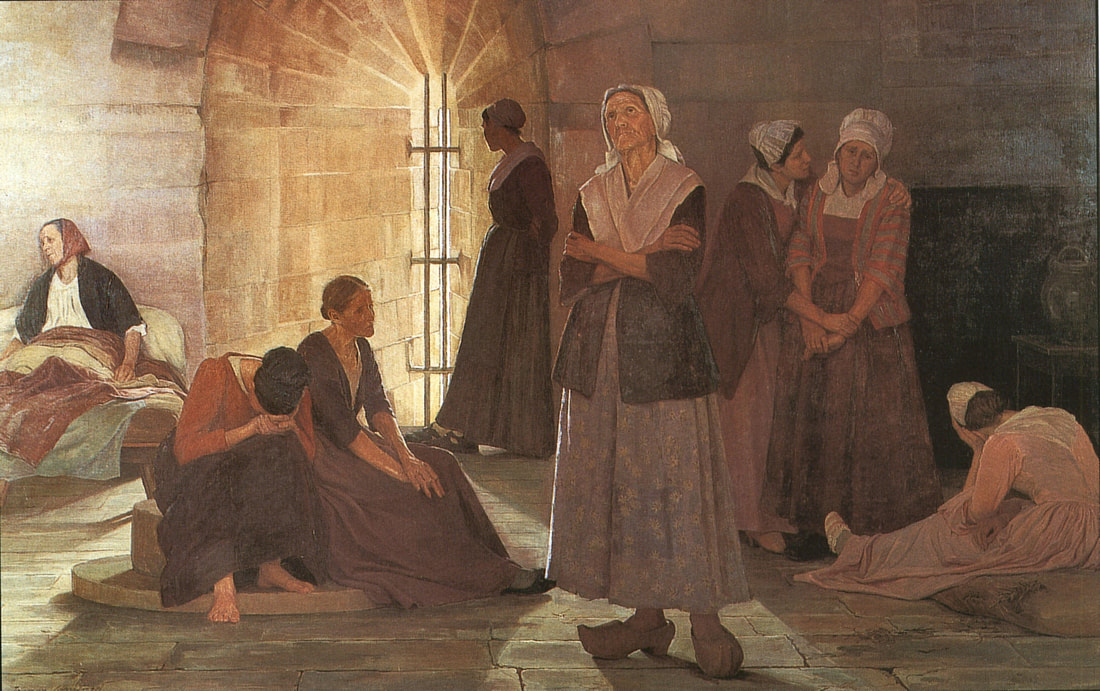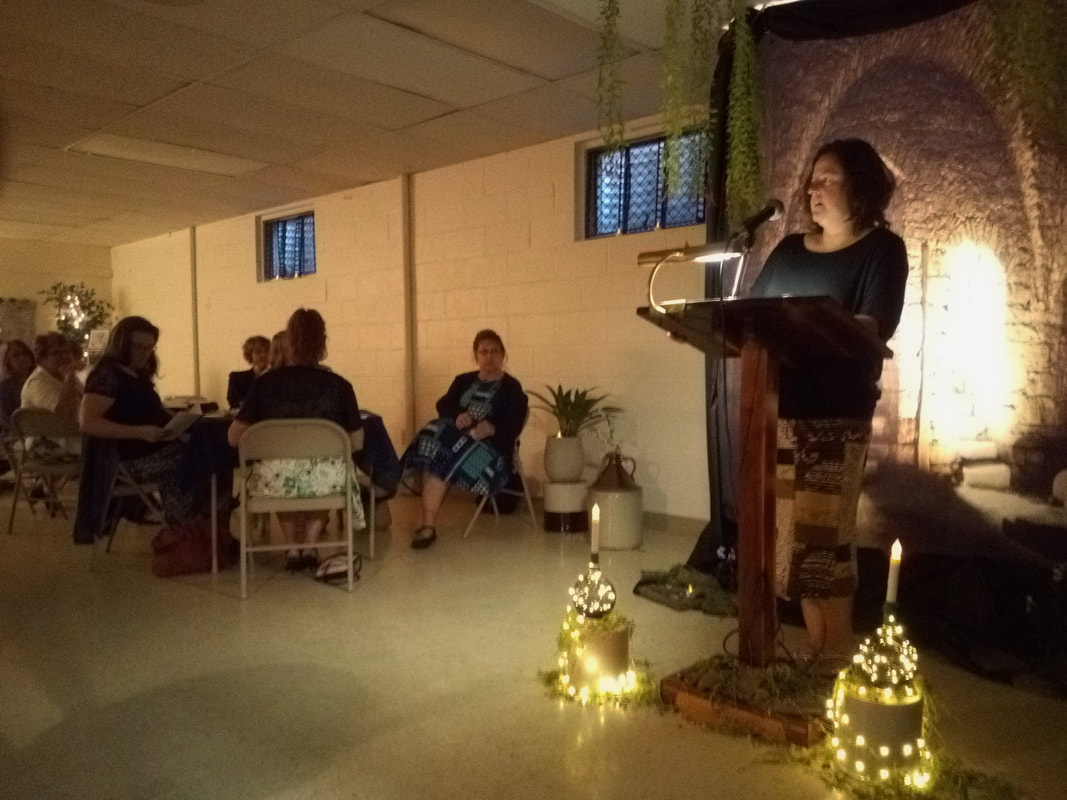|
The book that we call Exodus is called ‘Names’ in Hebrew. This is owing to its first words which say: now these are the names. It begins listing the names of the sons of Jacob, because these are the sons or children of Israel. You have to know something about names from the name-rich book of Genesis just to get into the sequel.
Exodus presupposes the names of Genesis. It also sets itself apart as a different book, because the structuring device in Genesis of the genealogies, the ‘toledoth’ is not invoked. When you see a toledoth in Genesis, you get a list of names (everybody in the Bible is related to everybody else, a friend once observed to me). When we start Exodus, though we still get a list of names, we no longer get the word ‘toledoth.’ The emphasis has shifted from the passing of generations to the naming of names. Then you get a king in Egypt who does not know Joseph. That’s an important name for Pharaoh to ignore. Joseph is associated with God’s deliverance. God used Joseph not only to save his people, but along with his people, all of Egypt. It was an event that increased the power and prestige of the king of Egypt. It lay in the past, and this king, though he lived its benefits, had forgotten that name. So he oppresses God’s people, and he goes about it by projecting the Egyptian culture of death on God’s people. He tries to go through the midwives, which provokes two observations. (1) What do we know Egypt for? Its pyramids, which are tombs, aren’t they? It’s embalming. Its elaborate funerary procedures and what we might call an obsession with death, a high, elaborate culture of death. To it Pharaoh adds the practice of infanticide. (2) We are given, of all things, the names of the midwives: Shiphrah and Puah. They are not names with deep meaning but rather common names that anybody might give a baby girl. One means beautiful and the other means small bird or spark. We might translate them as Bonnie and Sparky. Hardly the equivalent of Ezequiel or Nebuchadnezzar! And we might, as we attempt in vain to ponder such names, begin wonder who on earth cares what these women’s names were. Why are they included? The answer would be to consider that, of all the people with name recognition in this story, the one whose name is probably carved in stone somewhere, the one whose name is on official records of a lasting sort is the only really significant character who is never named. Pharaoh, after all, is not a name: it is a title such as doctor, or pastor, or judge, or duke. He is called according to his title, but his name was something like Amenhotep, or Rameses, or some such. No doubt in the lists and options that archaeology provides we can find this person’s exact name, though there is controversy about which option to choose. But in the record of Moses, in God’s holy and infallible word, that name is not to be found. Pharaoh is never named. And that is the lesson: God remembered the midwives and he gave them families. God knew them and honored them, they who feared him. And God still remembers them and will eternally. But Pharaoh who does not remember God’s saving ways and does not fear the Lord is not remembered. His name, in that book of names, the Book of Life which contains the total of all God’s elect, will never be found written or remembered. His kingdom has faded, his monuments will crumble, and one day no positive memory of this man will remain at all. But the midwives names have been recorded in an everlasting memorial because God remembers those who fear him. Does God know your name? Only those who are known by God, whose name is written in the Lamb’s book of life, those who are called by God by name and chosen by him for salvation will be remembered on the day of doom and in the life to come.
0 Comments
Years ago, I remember looking in an older work on the Psalms for some way to understand the concluding words of Psalm 137. The author said that the expression was not a Christian one, and it was a surprise to me that such should be the conclusion of a conservative. Can we set aside certain portions of the Old Testament that way? I didn’t think then that we could.
The problem of the imprecatory Psalms is one that generates diverse views. There are those who see the expression as vindictive and find this unacceptable. We are no longer to love our friends and hate our enemies, but to love both. I don’t think, however, most of us find that a reassuring approach. C.S. Lewis reflects on the Psalms and grants that the sentiments expressed sometimes seem barbaric to modern sensibilities. However, he says that it is unwise for us to disassociate ourselves from the Psalms. He argues that the Psalms obviously molded the piety of the human mother of our Lord, and even more obviously shaped the thinking and teaching of Christ. Mary’s Magnificat is a psalm and it is clearly in continuity with the themes and longings of the more ancient Psalms. What is even more interesting, it recycles a lot of the warlike expressions first heard on the lips of Hannah. Lewis actually thinks the predominant and prevailing thirst for justice in the Psalms is not wrong. He posits a ‘dark night of the flesh’ as the occasion for OT imprecations. The dark night of the flesh is when a society turns on someone the way children in a playground may turn on one among them, or as a group is scapegoated as the Jews were by Nazis, or intellectuals by Soviets, etc. Lewis believes that the mode of imprecation may still be understood and appreciated. That complaint of abandon and isolation dehumanizes. I think what Lewis says is true enough, and ingeniously (as usual) argued—though I’ve perhaps oversimplified his argument. But I wonder if we can’t do better. I think he sets us on our way: that justice has to have something to do with it, but I also think that he doesn’t quite settle the matter. The book of Lamentations I think gets me a more satisfactory conclusion. Lamentations consists of five poems. There is an acrostic pattern set up in the first two poems, each of which has 22 verses – one for each letter of the Hebrew alphabet. I don’t think the purpose is to aid memory but rather to create a pattern. That pattern is established in the first two poems, and then it is varied in the third: you have 66 verses – three for each letter of the alphabet. It highlights the importance of what is said there, where in all the Lamentation the note of hope which has been missing, finally sounds. Once the note of hope is sounded in that emphatic and central poem, the fourth poem varies the pattern by having abbreviated verses, as if the lamentation is dwindling. What remains, however, is the note of hope. In the last poem, then, there is no acrostic. There are simply 22 statements with no particular acrostic ordering. It has the least words since the verses are even shorter than before. I believe the point of the dwindling of the poetry to a bare echo of 22 lines signifies that the lamentation itself is dwindling. The constant, as a result, is the residue of hope which carries through from chapter 3. This is the message of Lamentations. One other thing is significant in what the poet of Lamentations is doing. In his poems, even those without the note of hope, you still have the note of justice. Being punished for its sins, Jerusalem still longs for punishment on those who oppress and sadden her. It is the same imprecatory note sounded in the Psalms, very similar with the concluding desire of the 137th. What is interesting in Lamentations is that it is prior to the note of hope. Also, it does not dwindle with the lamentation. In fact, I want to argue that it is the germ of the note of hope: its precursor and harbinger. Why does Jeremiah in describing the misery that the just and faithful punishment God has brought upon his people sound the note of justice? Because if there is no justice, all our suffering is meaningless. It is the ultimate degradation, and one God will not permit. Our suffering cannot be meaningless. The only way it can be kept from being meaningless is for there to be justice: oppression is wrong, injustice cannot be tolerated, and misery at least means that. And that is why the miserable desire justice so ardently in Scripture. They desire it to such an extent that they trouble us; but they are right. It is decidedly in the note of hope to believe that the suffering of the lowest and even of the deserving is not meaningless, that though they suffer there is still something greater to give it meaning: justice. |
AuthorVarious Archives
August 2023
Categories
All
|




 RSS Feed
RSS Feed